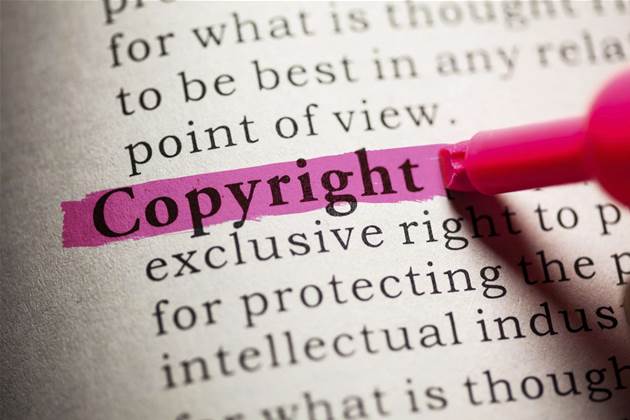The Government's plan to crackdown on online copyright infringement will likely result in Australians being forced to pay more for digital content, two high-profile economists have warned.

The lead economist behind the Vertigan Committee’s cost-benefit analysis of the NBN, Henry Ergas, and former ACCC chairman Allan Fels, today put forward a joint submission to the Government's discussion paper on proposed methods to combat copyright infringements online.
The paper proposes that internet service providers should be legally responsible for the copyright infringing activity of their users, alongside blocking of websites and a graduated warning scheme for users.
Ergas and Fels were commissioned by AIMIA, a lobby group for the digital industry, to conduct a cost-benefit analysis of the proposal and concluded that the overall costs would outweigh the benefits.
"Their costs are significant, while the community-wide benefits are dubious — it is not clear whether the proposals will do much to reduce piracy and significantly increase the incentives for creators," Ergas and Fels reported.
"Certainly, the government presents no evidence that the proposed polices are likely to produce net benefits."
Under the Government's plan, internet service providers would be required by regulation to police user activity on their networks and warn them of service termination after three warnings. The economists calculated the effort would cost between $20 and $30 per notice to customers.
The whole scheme could cost up to $148.8 million a year to run, Fels and Ergas said.
Consumers would end up bearing the costs, the pair argued, while the proposal would likely end up benefiting companies rather than individual content creators.
"Stricter enforcement increases copyright holders' profit, but reduces consumer surplus by more — so the overall effect is a social loss through reduced consumption efficiency," the economists said.
"The increase in non-infringing demand is likely to increase the price the copyright holder can charge, making legitimate consumers worse off, which in turn increases the incentive for piracy, offsetting the effects of stricter enforcement."
Fels and Ergas said a more effective way to combat the issue was to make content more widely and frequently available locally through legitimate channels.
The pair called on the Government to conduct its own cost-benefit analysis of the proposed scheme.
The argument for better access to greater amounts of content as a response to online copyright infringement has been made by a number of parties, including telecommunications industry representative body the Communications Alliance. The Comms Alliance's submission to the discussion paper said piracy could be better avoided using this approach.
Communications Minister Malcolm Turnbull has similarly stated that rights holders needed to 'play their part’ by making content universally and affordably available.
“It can be reasonably argued that, rather than pushing for the introduction of a graduated response scheme, better results might be obtained by focusing on .. ensuring greater availability of timely, lawful and affordable content.
“We believe that for any scheme designed to address online copyright infringement to be sustainable it must also stimulate innovation by growing the digital content market, so Australians can continue to access and enjoy new and emerging content, devices and technologies.”
- Communications Alliance submission to the Online Copyright inquiry
The group said the local telecommunications industry was willing to negotiate on a three strikes approach to copyright infringement, despite being ‘unconvinced’ it will work.
But an industry-led piracy scheme started to look less likely after internet service provider iiNet last week said it remained staunchly opposed to a three strikes regime.
ISPs and rights holders have been warned by Attorney-General George Brandis that the Government would mandate a graduated response regime should the parties fail to reach agreement on an industry solution.



_(20).jpg&h=140&w=231&c=1&s=0)
_(28).jpg&h=140&w=231&c=1&s=0)
_(23).jpg&h=140&w=231&c=1&s=0)





 iTnews Benchmark Awards 2026
iTnews Benchmark Awards 2026
 iTnews Executive Retreat - Security Leaders Edition
iTnews Executive Retreat - Security Leaders Edition
 iTnews Cloud Covered Breakfast Summit
iTnews Cloud Covered Breakfast Summit
 The 2026 iAwards
The 2026 iAwards












_(1).jpg&h=140&w=231&c=1&s=0)



